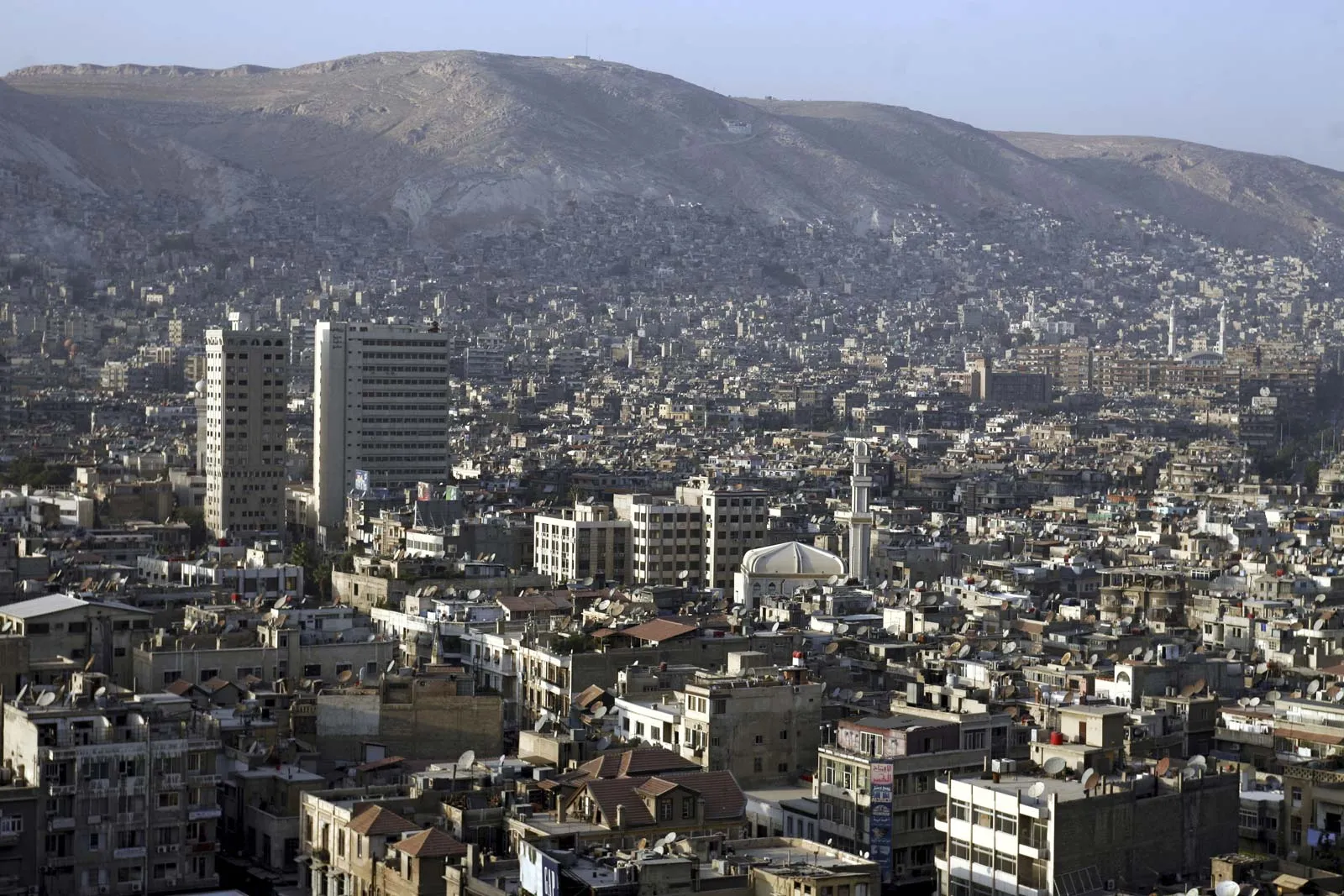
The recent approval of a bill by the Syrian Parliament, granting broad powers to the Presidency of the Council of Ministers to manage confiscated assets, has sparked concerns over human rights violations and a disregard for established legal principles. The legislation, awaiting Assad’s ratification, allows the state to take control of movable and immovable assets confiscated under final judicial rulings. While the bill purports to target individuals involved in “terrorism” and corruption, the lack of transparency and safeguards raises alarming questions about the misuse of power.
One of the major concerns surrounding the new law is its potential use against political opponents accused of “terrorism” in special courts. The bill enables the Anti-terrorism Court, established under Law No. 22 of 2012, to issue judgments leading to the confiscation of all property belonging to the accused, with no clear guarantee for legal recourse or an open trial. The vague language of the law leaves room for arbitrary accusations and politically motivated targeting, raising fears of a crackdown on dissenting voices under the guise of combating terrorism.
The absence of proper legal safeguards further intensifies concerns about the potential abuse of power. The Anti-terrorism Court, empowered by the new law, operates outside the norms of regular litigation, diminishing the assurance of a fair trial. This lack of due process raises the specter of innocent individuals falling victim to asset seizures without a proper opportunity to defend themselves in a court of law. The bill’s applicability extends beyond cases related to terrorism, encompassing verdicts issued by criminal courts that order the confiscation of assets, regardless of the nature of the case.
One of the most contentious aspects of the new law is its retroactive application, contradicting established legal principles. Despite the Syrian Regime Penal Code’s prohibition of retroactive application of criminal and penal provisions, the law allows for the confiscation of assets even if the judgment was issued before the enactment of the legislation. This raises serious questions about the fairness of such a provision, as it disregards the well-established legal principle that new legislation should not adversely affect individuals retroactively.
The approval of this sweeping legislation in Syria raises red flags about potential human rights violations, lack of due process, and a disregard for established legal principles. The retroactive application of the law, combined with its potential use against political opponents, further erodes confidence in the Assad regime’s legal system. As the bill awaits Assad’s ratification, international observers and human rights advocates must closely monitor the situation to ensure that the rights of individuals are protected, and justice is served fairly and transparently.









